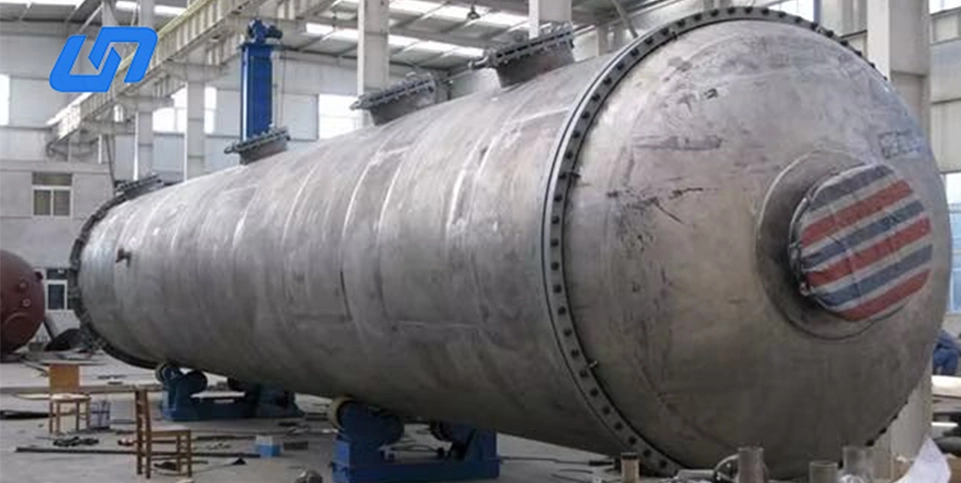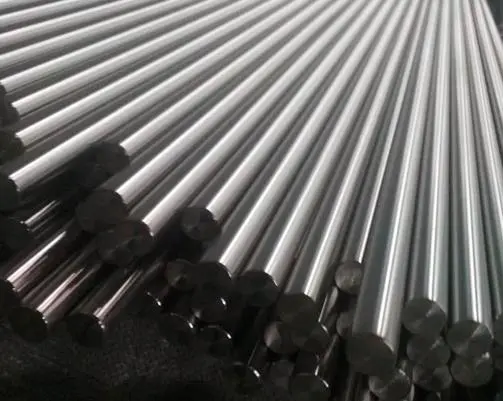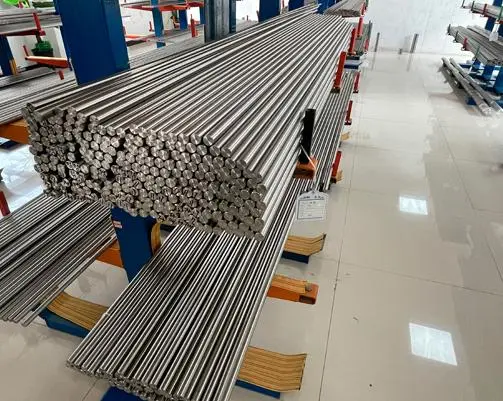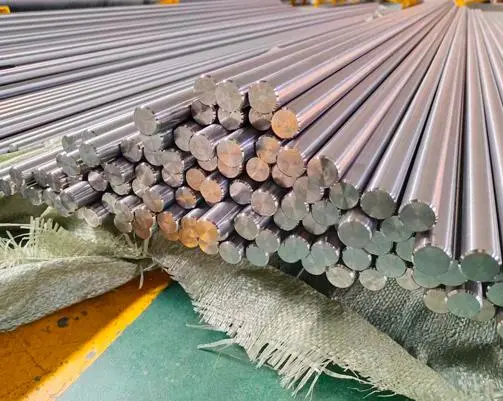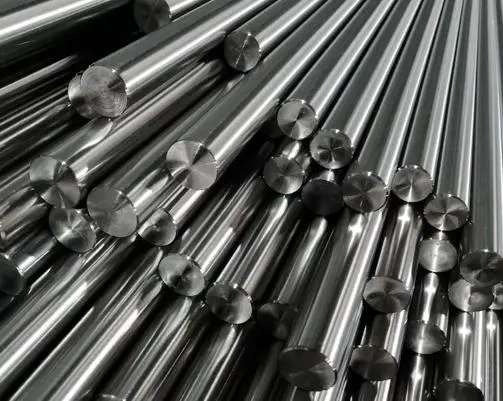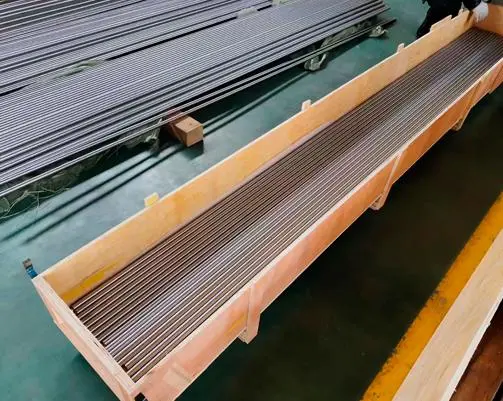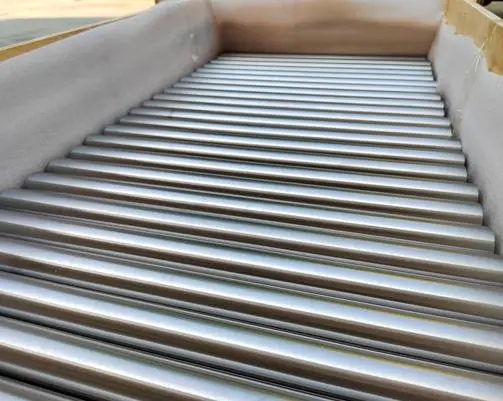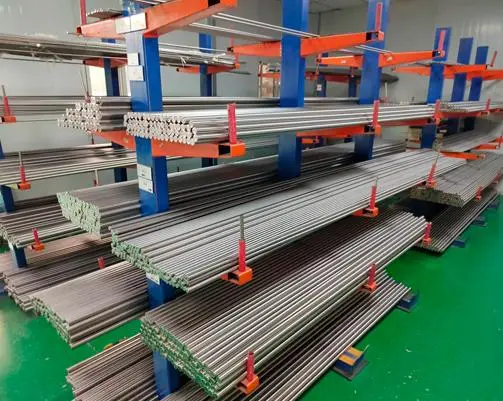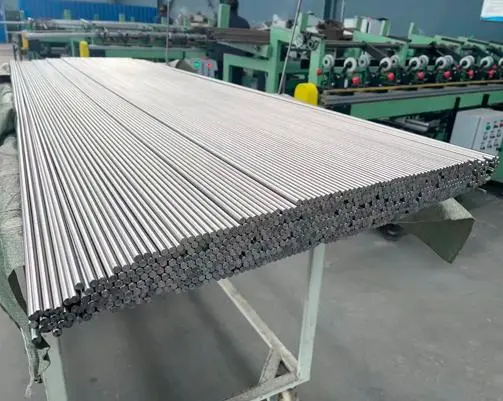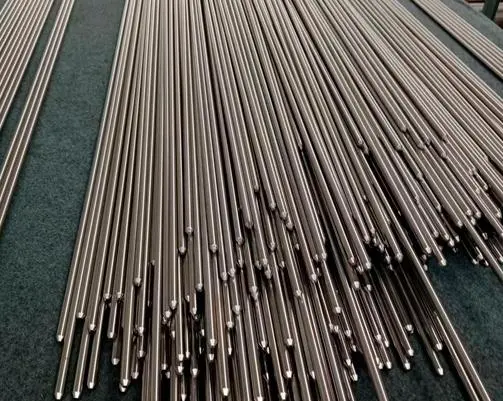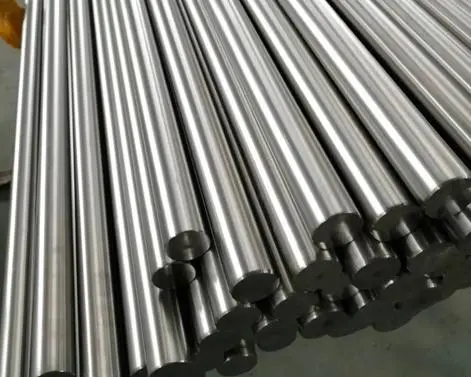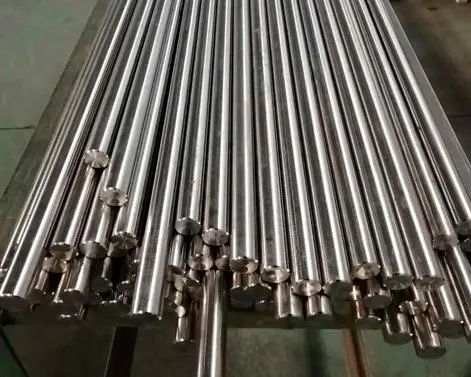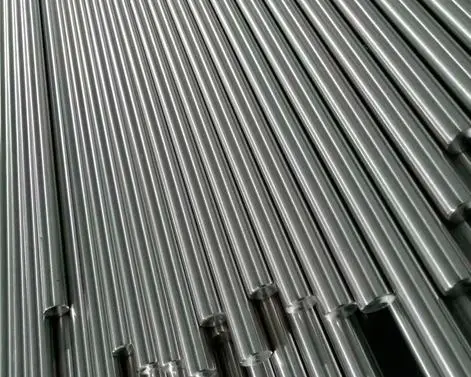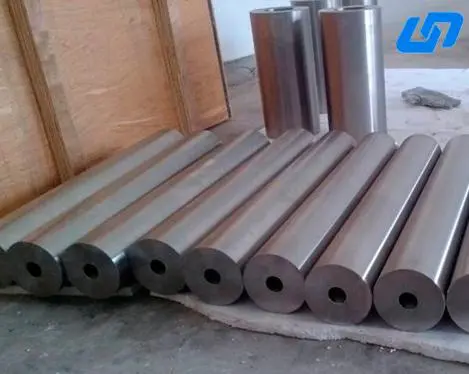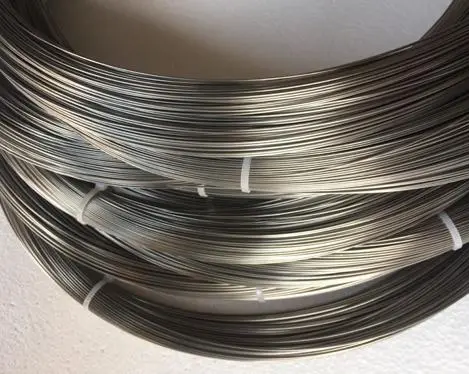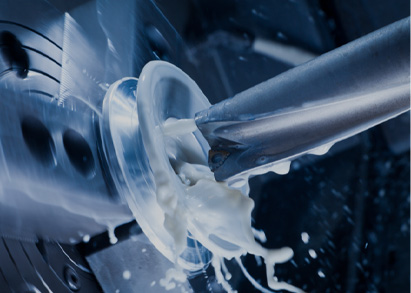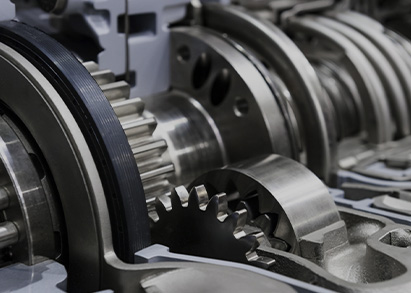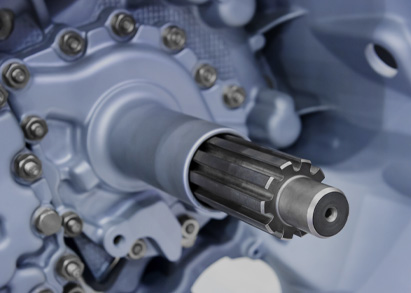Titanium Rods For Sale Specifications
Item | gr1 gr2 gr3 gr4 gr5 gr7 gr9 gr11 gr12 gr23, TC1, TC18, TB5, TB9 |
Standard | AMS 4928 Gr5 military application ASTM B348 industrial use ASTM F67(gr1 gr2 gr3 gr4) pure titanium bar medical application ASTM F136 gr5Eli alloy titanium bar medical application |
|
|
|
Diameter | 5mm above |
Length | 6000mm or as customized |
State | Annealed |
Hot Rolling Process of Titanium Rods
Sponge titanium → Titanium electrode block → Vacuum melting → Titanium ingot → Hydraulic forging to create square billet → Rolling → Peeling → Annealing → Straightening → Polishing → Finished product → Flaw detection → Packaging
The processing process of titanium rod from sponge titanium to blank is as follows:
Pressing the electrode, pressing the sponge titanium through a press to form a dense sponge titanium pressing block electrode;
Vacuum melting casting is carried out twice on the sponge titanium pressed block electrode under conditions of 1700-1800 ℃ and -103pa;
Open the billet at 1000 ℃ using an oil press, and finally press it into a square billet;
For the first rolling, at a temperature of 970-980 ℃, a cylindrical shaped blank is initially rolled using a rolling mill;
The second rolling is carried out at 950 ℃ using a rolling mill to produce a blank.
Titanium Rods Applications
Aerospace: Titanium and titanium alloy rods are lightweight, have high strength and toughness and are commonly used as frame structures for aircraft. Titanium rods can also be made into aircraft engine blades, rocket nozzles, and other structural components. It can be used at temperatures ranging from -200 ℃ to 500 ℃ with stable performance.
Medical: Medical titanium rods and titanium have been used as a new type of material in the global pharmaceutical industry, surgical instruments, human implants and other medical fields for decades. For example, titanium and titanium alloys can be used to manufacture artificial joints, bone plates, and screws, which are now widely used in clinical practice. It is also used in hip joints (including the femoral head), knee joints, elbow joints, interphalangeal joints, mandibles, artificial vertebral bodies (spinal orthoses), artificial dental implants, and other aspects.
Industry: Titanium rods have excellent welding, cold and hot pressure processing, and mechanical processing properties, which can be processed into various titanium processing parts. At the same time, due to titanium rods' superior corrosion resistance, titanium metal rods are widely used in various corrosive environments such as petroleum, chemical, and marine engineering. For example, reactors, towers, Autoclave, heat exchangers, pumps, valves, centrifuges, electrolyzers, etc.
Buy Titanium Rods From Changsheng In Various Sizes
When looking to purchase titanium rods in various sizes, Changsheng Titanium offers a wide range of options to meet your specific needs. Whether you’re involved in aerospace, medical, automotive, or any industry requiring high-quality titanium rods, Changsheng Titanium provides a comprehensive selection to choose from. Their inventory includes titanium rods in diameters such as 2mm, 3mm, 4mm, 5mm, 6mm, 8mm, 10mm, and 12mm, catering to diverse applications and projects.
Titanium is renowned for its strength, lightweight properties, and corrosion resistance, making it an ideal material for many engineering and manufacturing projects. The 2mm and 3mm titanium rods are perfect for precision applications where strength and minimal weight are crucial. The 4mm and 5mm rods offer a balance of strength and flexibility, suitable for a variety of mechanical and structural uses. For more demanding applications, the 6mm, 8mm, 10mm, and 12mm Titanium rods provide the robustness needed for heavy-duty projects.
Changsheng Titanium ensures that all titanium rods are manufactured to the highest standards, meeting industry specifications and quality controls. With their extensive selection, you can easily find the right size and quantity of titanium rods for your project, ensuring durability, performance, and reliability. Whether you’re prototyping, manufacturing, or repairing, Changsheng Titanium’s titanium rods are an excellent choice for achieving superior results. We can also customize according to your requirements.
Other Hot Products You Are Interested In

 English
English 